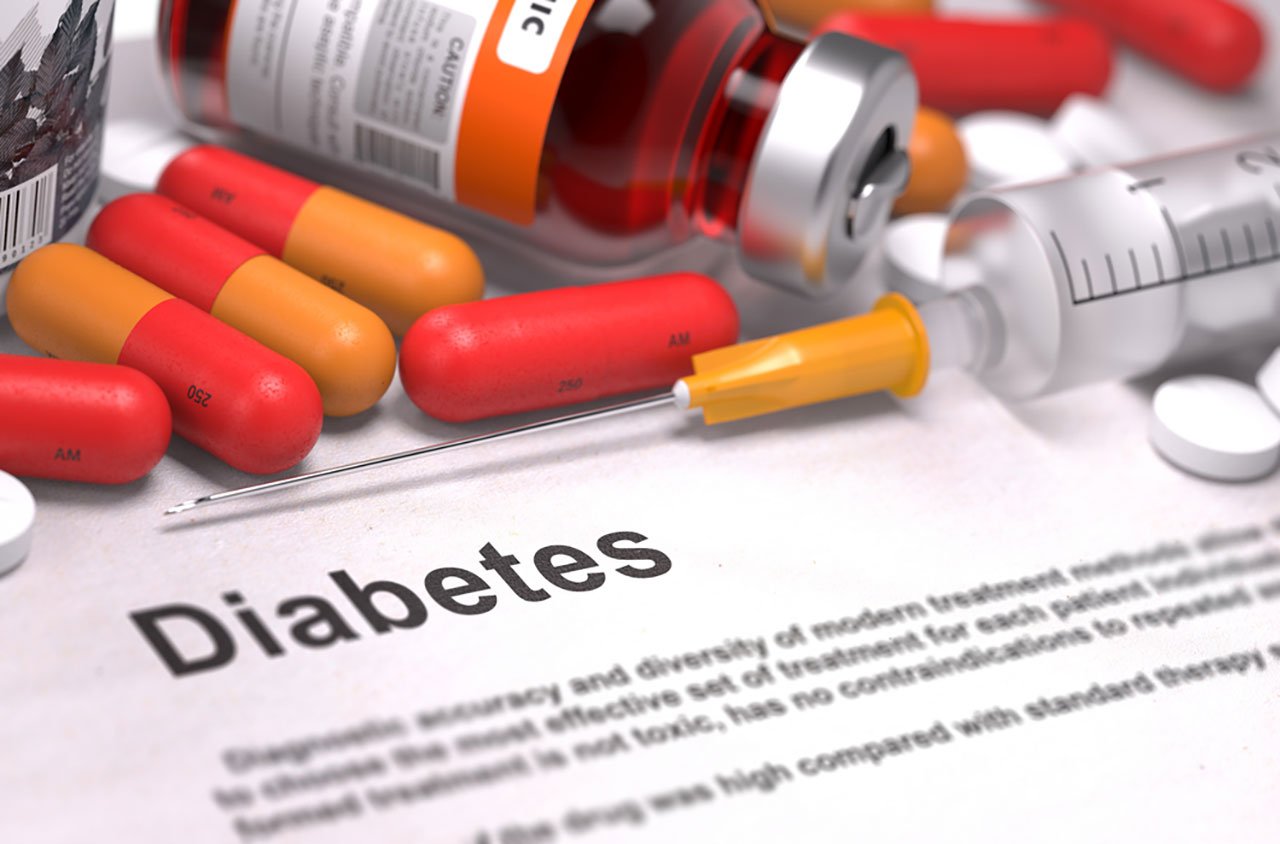
November is National Diabetes Month
Did you know; One in ten Americans will get Diabetes in their lifetime? That means out of ten workers, one might have diabetes. Take this time here to educate yourself about diabetes and its management within the workplace.
Read on to learn your likelihood of getting diabetes, how to prevent it, and what steps you can take that will lead to a healthy, happy, and productive team and a safe place to work. Learn yourself and share that knowledge. Keeping your crew safe and healthy is a top priority. You may even want to make a change or two around the place if you have someone who has diabetes.
What is Diabetes?
Diabetes is a medical condition that reduces some people’s ability to produce enough insulin. Insulin is a hormone that controls glucose levels in the bloodstream. Glucose is the primary source of energy for your body’s cells.
What are the Dangers of Diabetes?
If your body can’t produce insulin, glucose builds up in the blood and causes serious health problems like heart disease, stroke, kidney failure, and blindness. There are three types of diabetes. They are:
- Type 1
- Type 2
- Gestational diabetes, which is rare and only occurs during pregnancy
Risk Factors for Type 1 Diabetes
- Family History
- Environmental factors like a virus
- The presence of specific cells in the immune system
Risk Factors for Type 2 Diabetes
- Being overweight
- A sedentary lifestyle
- Family history
- Race
- Age
- Having had Gestational Diabetes
- Polycystic Ovary Syndrome
- High blood pressure
- High cholesterol
Diabetes and Workplace Safety
Imagine if one of your people has diabetes BUT is managing it well with exercise, food, and medication (such as insulin). Then diabetes will have little or no impact on their work!
When a Crew Member Can't Control Their Diabetes
Low blood glucose levels can cause disorientation or make them pass out. Now, suppose one of your people often has episodes of diabetic hypoglycemia. It could be risky for them to do certain kinds of work, like operating heavy equipment or working at heights.
Open and honest conversations about diabetes and related workplace risks can lead to positive changes and better safety for everyone. Promote a culture of safety and communication.
When an Employee is Diabetic
Healthy standards for someone with diabetes at the workplace are both critical for the diabetic but also keep others safe as well. Ask them if there are simple actions you can take to help them stay healthy and productive! They may ask for some “reasonable accommodations.” Not all employees with diabetes will need accommodation or require the same accommodations.
Accommodate Diabetics for a Safe Workplace
- Have a safe place to dispose of the needles used to inject insulin into themselves.
- Spent syringes need to be disposed of in a puncture-proof biohazard container.
- Create a clean, private place to check their blood sugar or inject insulin unnoticed.
- Specific individuals might require more frequent, short breaks to take insulin or to eat.
As always, SAFETY MEETING OUTLINES, INC. welcomes your questions, comments, and ideas. We are happy to help you access additional safety meetings in our Library or advise you on conducting a safety meeting. Feel free to contact us by phone at 815-464-0200 (Monday through Friday, 8:00 am to 5:00 pm Central Time) or send an e-mail to orders@safetymeetingoutlines.com.
Manufacturing Construction Human-Resources




